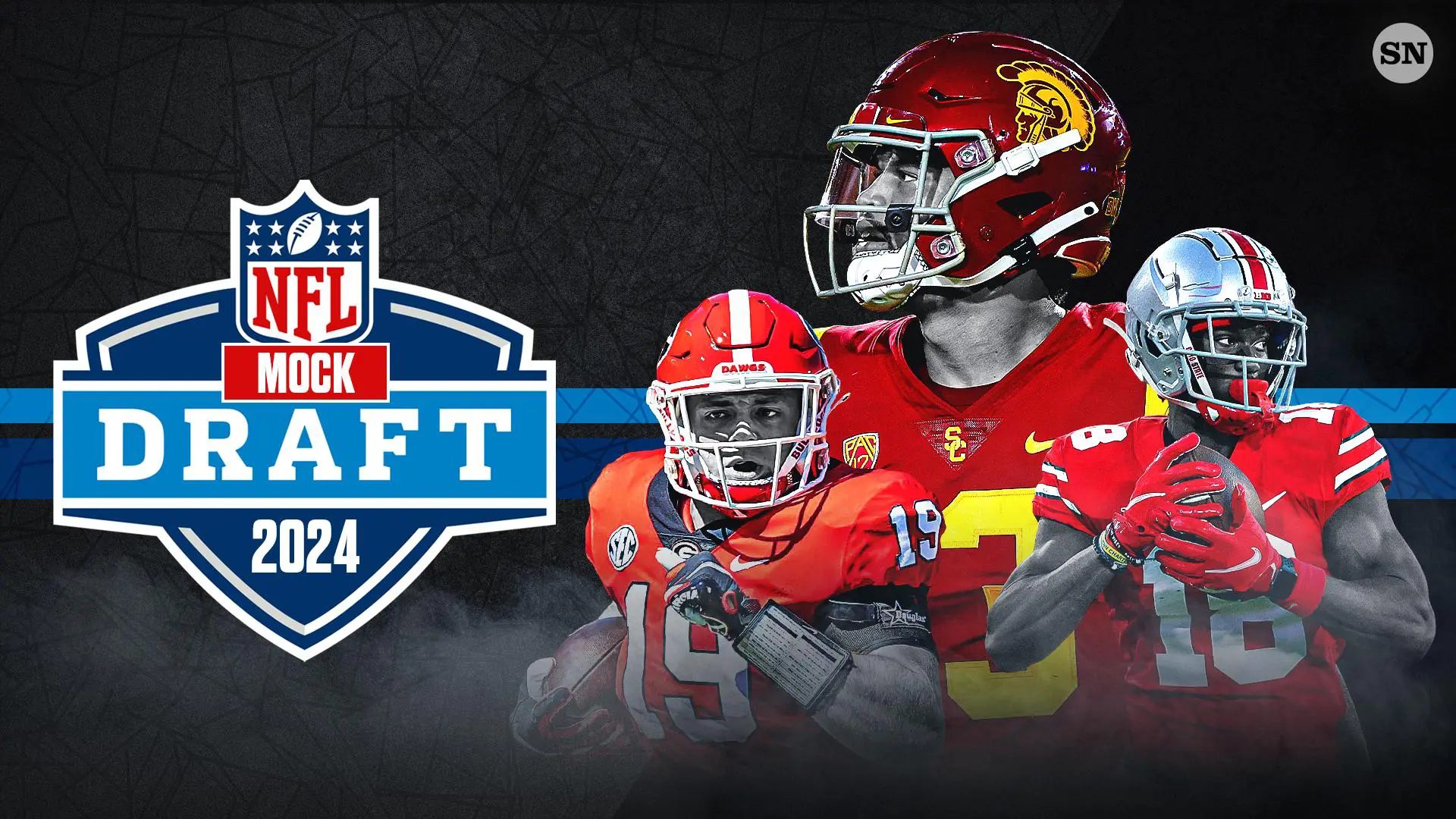Are you being Quietly Fired?
2 min read

Have you been Quietly Fired?
We’ve all seen the recent articles on Quiet Quitting, but the real question is have you been Quietly Fired?
I come across these folks all the time in my recruiting business. Just placed a top producer with a Top Ten national insurance firm who had been “quietly fired.”
Here is how you know if you are being quietly fired:
1. Your One-to-One meetings with your supervisor never seem to materialize anymore. Your access to decision-makers has been relegated to group meetings. Your boss never seems to have time to invest in one-to-one discussions with you. You’re on the outside looking in.
2. The coaching from the higher-ups that you used to crave is no longer being offered. You’re not sure if what you are doing is the right thing because you have no guidance like you used to receive on a routine basis. No one seems to care anymore about what you are doing. Meanwhile, you see others being coached and mentored.
3. You continue to meet or exceed expectations but you are not being recognized. Not even a pat on the back. No one seems to care even when you go above and beyond the call of duty. Is anyone really watching what you do anymore? Does anyone care?
4. You used to get the projects that nobody wanted to do or could do. Now? It’s the same old thing. Routine work. Busy work. You are no longer selected to do the exciting stuff…even once in a while.
5. You notice that you are no longer being invited to group lunches or even lunches or drinks with co-workers that used to be your friends in the office. Why? Because they know when others are being quietly fired. It becomes an open secret. People know. People talk.
Why are people being “quietly fired” these days? It’s always been true that under-performers have been “quietly fired” – it just didn’t have a catchy name attached to it.
The issue now is that too many employers/managers are overworked, don’t have the time, or are just plain lazy. They are not doing THEIR job as leaders and managers.
They are not holding up their end of the bargain to nurture, coach, and pay proper attention to their direct reports. Supervisors are not taking the time to find out why someone is underperforming: are they dealing with personal issues, are they in the wrong career function, are they actually really good at what they do, but you’re just too lazy to find out what that is?
Direct reports need feedback. Give them a reason to be excited. They value purpose, direction, culture, and professional growth more than even money these days.
It is even more important now that managers pay attention to their direct reports or you will lose them.
And now we know why people are “Quietly Quitting” these days.
Thanks for reading.
Rob



